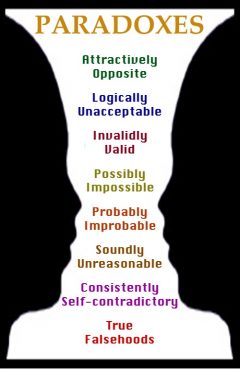Tullock Paradox

Release Date: //
Country of Release:
Length:
MPAA:
Medium: Paradox
Genre:
Release Message: Rent-seekers seeking political favors can usually bribe politicians to give them the favors at a cost much lower than the value of the favor to the rent-seeker.
Description: The term Tullock paradox refers to the apparent paradox first observed by the public choice economist Gordon Tullock on the low costs of rent-seeking relative to the gains from rent-seeking. The paradox is basically that rent-seekers seeking political favors can usually bribe politicians to give them the favors at a cost much lower than the value of the favor to the rent-seeker. For instance, a rent seeker who hopes to gain a billion dollars from a particular political policy may need to bribe politicians only to the tune of ten million dollars, which is about 1% of the gain to the rent-seeker.